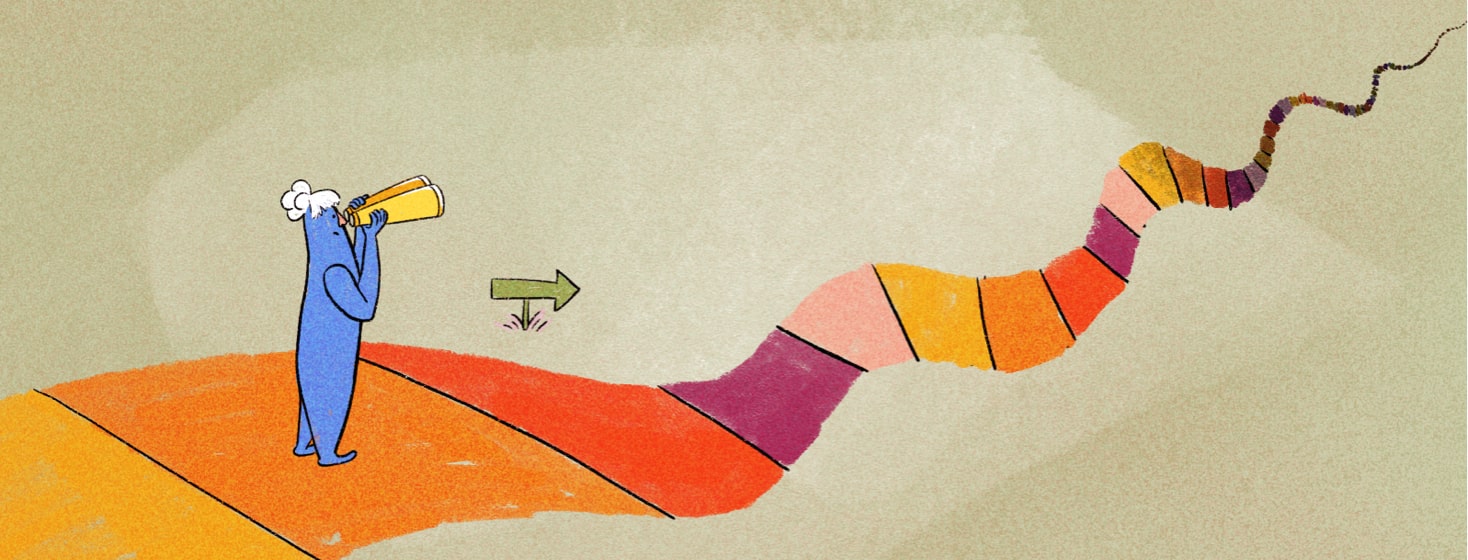There’s No "After" Skin Cancer for Me
I saw an article the other day titled “Moving On After Skin Cancer.” For a moment, I felt a range of emotions. I felt sadness, because I have never had an “after” skin cancer. I felt a tinge of jealousy for all those who were fortunate to just have one incident of skin cancer. And then I felt resigned. This is my life. I have never heard, nor do I ever expect to hear, that I am “healed” from skin cancer. I am now in my 27th year of having skin cancer. Over a quarter of a century. Almost three decades. No matter how I phrase it, that’s a long time.
I thought it'd be a "one and done"
When I was first diagnosed with skin cancer, I very naively thought that my skin cancer was a "one and done." I would get it cut out, be done with it, and live happily ever after. Was I ever mistaken. It took a second diagnosis of skin cancer before I wisened up to the fact that skin cancer is something to be taken seriously. And now, many years and many diagnoses later, I still take skin cancer seriously.
I'm always on the lookout
There is not a day that goes by that I don’t check my skin for any new areas that look suspicious. If I’m brushing my teeth, I am checking my face to see if any new spots have appeared. After I wash my face at night, I do the same thing. It’s not a 30-minute daily body exam, but I do keep a close eye on my face, arms, chest, and legs, which are the areas where I tend to get skin cancers. I know that it is just a matter of time before I get another skin cancer, and once I do, I want it treated as soon as possible.
The increasing odds
According to the Skin Cancer Foundation, once a person has been diagnosed with a basal cell or squamous cell carcinoma, their odds of having another one are increased; about 60% of people who have had one skin cancer will be diagnosed with a second one within ten years. Also, if someone has been diagnosed with a second (or beyond) basal cell or squamous cell carcinoma, those odds further increased; there is now over a 60% chance of being diagnosed with another skin cancer within two years.1
At risk for other types of skin cancer
And, unfortunately, being diagnosed with a basal cell or squamous cell carcinoma puts people at risk for other types of skin cancer, including melanoma. The reason for this is that ultraviolet rays from the sun or tanning beds cause DNA damage in skin cells, and if the cells aren’t able to fully repair themselves to fix the genetic damage, it can produce mutations that lead to skin cancer.1
Early diagnosis is key
The Skin Cancer Foundation indicates that early diagnosis and prompt treatment are key, and provides some positive news: for those who have their basal cell or squamous cell carcinomas detected early and treated right away, 40% will not develop another skin cancer in the next decade.
I'll never be done with skin cancer
I realized there will not at any time in my life be a point where I say “I’m cured from skin cancer.” Mentally, I’m over skin cancer. I’m tired of skin cancer. Sometimes I get new skin cancers with some frequency. Sometimes I get a welcomed period of time between skin cancers. But 27 years later, I have come to terms with the realization that the odds are pretty good that this is how I will be spending the rest of my life.

Join the conversation